
Secret Tips for Growing Healthy and Productive Clove Plants
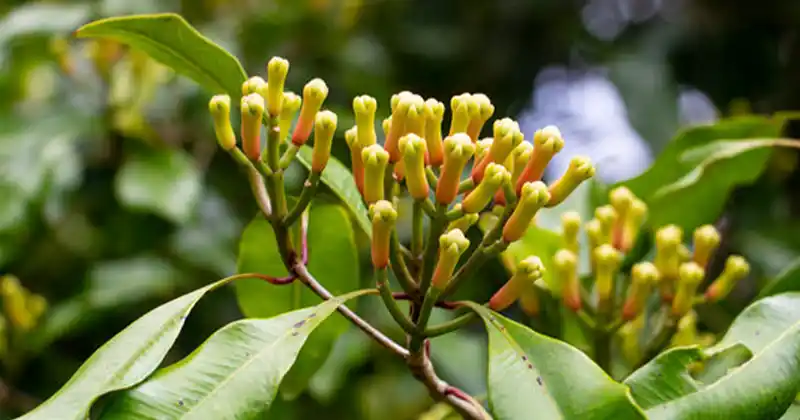
Secret Tips for Growing Healthy and Productive Clove Plants (Expanded Version)
Clove (Syzygium aromaticum) is one of the world’s most prized spices, known not only for its intense aroma but also for its powerful medicinal qualities. Originating from the historic Maluku Islands of Indonesia, clove trees thrive in tropical and subtropical environments, and with the right approach, they can even grow successfully in large containers. Although cloves are naturally slow-growing, they reward growers with beautifully fragrant flowers and highly aromatic buds. Beyond the common advice on sunlight, watering, and soil type, several lesser-known techniques can significantly enhance your plant’s early establishment and long-term productivity. These subtle “secret tricks” often make the difference between a plant that merely survives and one that truly flourishes.
Choosing the Right Spot
Secret Trick:
Young clove plants perform best when grown in filtered or dappled sunlight. During their early years, placing them beneath lightly shaded areas—such as under taller trees or beneath a shade net—helps minimize stress and encourages stronger root development. As the tree matures and becomes more resilient, it gradually adapts to brighter, more direct light without losing vigor.
Soil Secrets
Moisture Magic:
Cloves prefer soil that retains moisture yet drains well enough to avoid waterlogging. A combination of loamy soil enriched with generous amounts of leaf compost creates a nutrient-rich, moisture-balanced environment. Adding a bit of coarse sand improves aeration and ensures excess water flows away smoothly.
Hidden Boost:
Before planting, blend crushed eggshells or finely ground sea shells into the soil mix. These add valuable calcium—a mineral cloves use constantly to maintain steady, vigorous growth and robust root formation.
Watering Wisdom
Gentle Rain Imitation:
Clove trees are native to humid rainforest climates, so instead of heavy watering, lightly mist the soil and foliage with a sprayer during early mornings or late evenings. This simulates natural humidity, prevents shock to the roots, and helps the plant maintain lush, healthy leaves.
Don’t Overdo It:
Because clove roots are delicate and prone to rot, allow the top inch of soil to dry slightly before each watering. This simple practice helps prevent fungal problems and keeps the roots oxygenated.
Mulching Secrets
Natural Blanket:
Apply a generous layer of mulch—such as coconut husk, banana leaves, or dried grass—around the base of the tree. Mulching regulates soil moisture, suppresses weeds, and slowly releases organic nutrients as it decomposes.
Bonus Trick:
Mixing a few neem leaves into the mulch provides natural pest resistance and helps deter fungal diseases. Neem is gentle on the plant yet highly effective at maintaining a healthier growing environment.
Feeding the Plant
Homemade Fertilizer Tip:
Clove trees respond exceptionally well to organic inputs. Monthly feeding with compost tea, cow dung slurry, or diluted liquid fertilizer introduces steady, slow-release nutrients that strengthen the plant’s internal structure.
Secret Spice Fertilizer:
Every few months, mix a small amount of powdered cinnamon or turmeric into your compost. These natural antifungal spices protect the root zone from harmful pathogens while encouraging better bud and flower development in future seasons.
Temperature and Protection
Trick Against Heat Stress:
If you are growing cloves in a very hot climate, place a shallow bowl of water near the plant—but not directly underneath it. As the water evaporates, it increases local humidity, helping to cool and protect sensitive leaves during harsh afternoons.
Winter Tip for Pots:
For growers in cooler regions, clove trees in pots should be moved indoors when temperatures dip below 15°C (59°F). Position them by a bright, sunny window and wrap the pot with burlap to shield the roots from sudden cold drafts. These simple measures can prevent temperature shock and leaf drop.
Pruning and Training
Secret Growth Boost:
In the early years, pinch off the first set of flower buds. While it may feel counterintuitive, this redirects the plant’s energy toward establishing stronger roots and thicker branches. Over time, this results in a clove tree that produces more buds and maintains greater resilience.
Shape the Plant:
Light annual pruning helps improve airflow and keeps fungal infections at bay. Avoid heavy or aggressive pruning, as clove trees dislike drastic cuts and may take months to recover.
Companion Planting Trick
Best Neighbors:
Growing cloves near ginger, turmeric, or basil helps create a more supportive ecosystem. These companion plants naturally improve soil structure, repel harmful insects, and mimic the environmental conditions where cloves typically thrive in the wild.
Extra Potted Plant Tips
Clay Pot Secret:
If growing cloves in containers, always opt for unglazed clay pots. These allow the soil to breathe and reduce the risk of waterlogging—two critical factors for keeping the roots healthy.
Repot with Care:
Every 2–3 years, refresh the upper layer of soil rather than disturbing the roots too much. Cloves dislike being handled roughly, so adding new compost, mulch, and microbial-rich soil is often more beneficial than completely repotting.
Patience Pays Off
Clove trees grow slowly and typically require 6–8 years to begin producing flower buds. But every small effort—choosing the right soil mixture, protecting young roots, maintaining humidity, and feeding with natural enhancers—contributes to a healthier, more productive tree. With time and consistent care, your clove plant can become a long-lived, aromatic centerpiece in your garden or patio. These “secret tricks” help ensure that your clove tree does more than survive—it thrives beautifully.
Many growers even claim their clove plants respond positively to soft music or gentle talking. While it may sound mystical, research shows that sound vibrations can influence plant behavior—and cloves, being particularly sensitive, might enjoy a little extra affection.
If you found this guide helpful, share it with friends who love gardening and natural plant care.
News in the same category

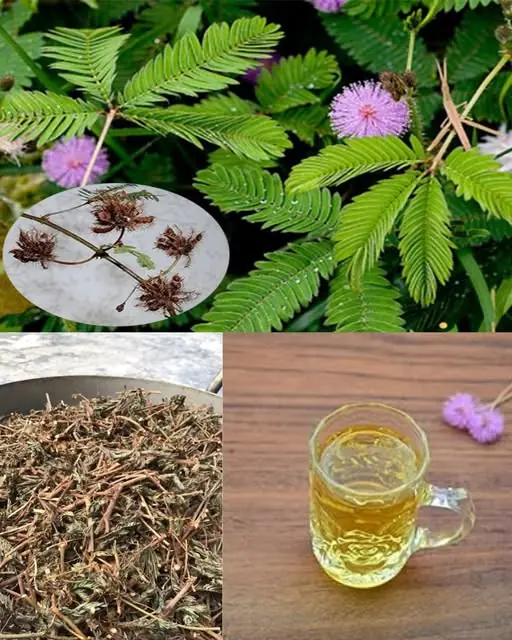
The Digestive Benefits of Mimosa Pudica: A Natural Gut Cleanser

The Stone Breaker Plant: Nature’s Remedy for Kidney Stones
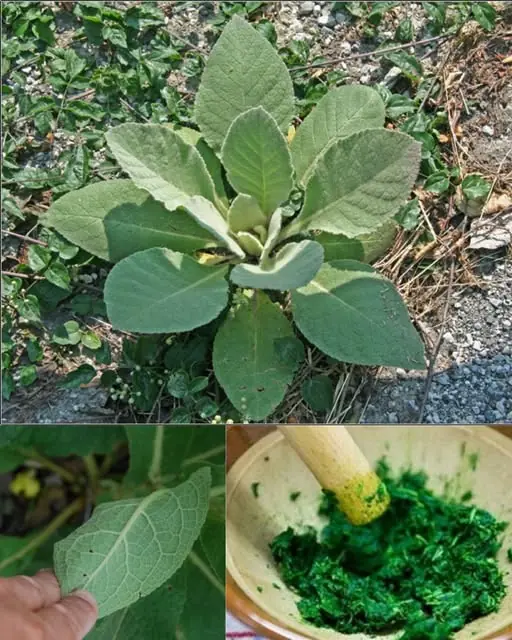
The Remarkable Benefits and Uses of Mullein Leaves

Garlic for Ear Health: Natural Relief and Protection
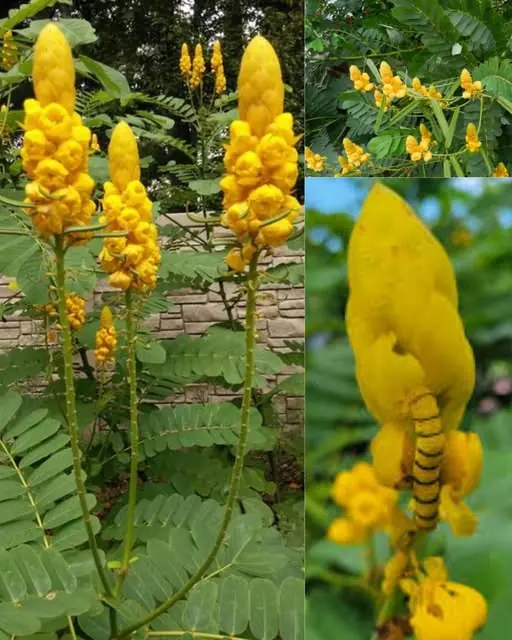
The Powerful Medicinal Benefits and Uses of Senna alata
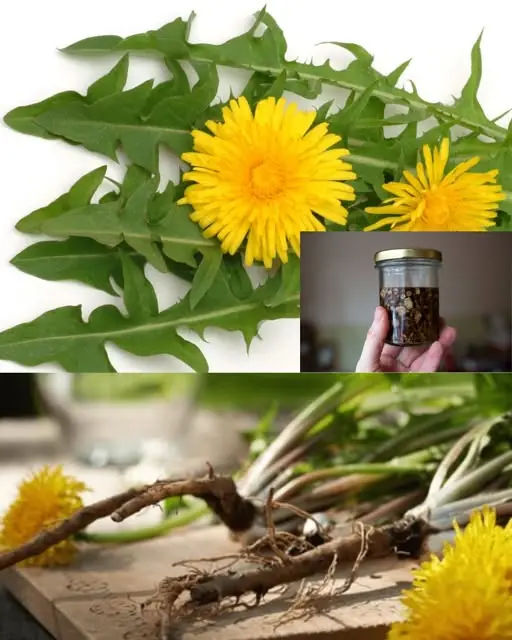
The Real Power of Dandelion Is in the Root
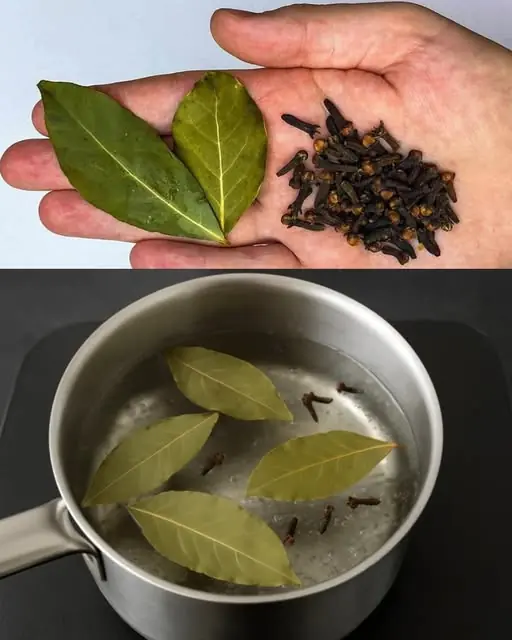
The Surprising Benefits of Boiled Bay Leaves and Cloves: A Natural Elixir for Wellness

The Power of Black Walnut Hull

Bay Leaf: Nature’s Secret for Youthful, Smooth and Radiant Skin!

Garlic for Ear Health: Natural Relief and Protection
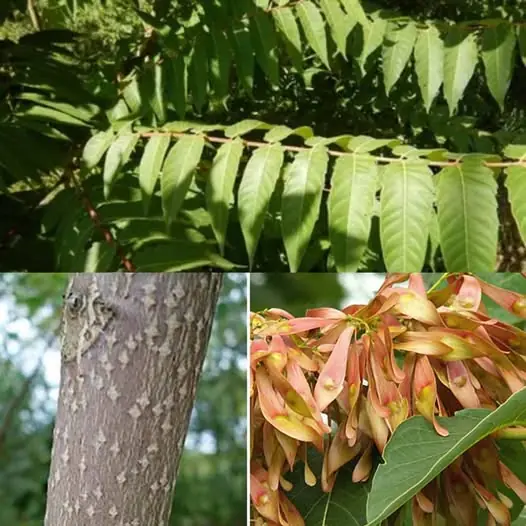
Tree-of-Heaven (Ailanthus altissima): Power, Potential, Uses, and Real-World Cautions

The Hidden Power of Common Blue Violet (Viola sororia) and Its Homemade Uses

The Hidden Power of Banana Strings: Why You Should Never Remove Them Again
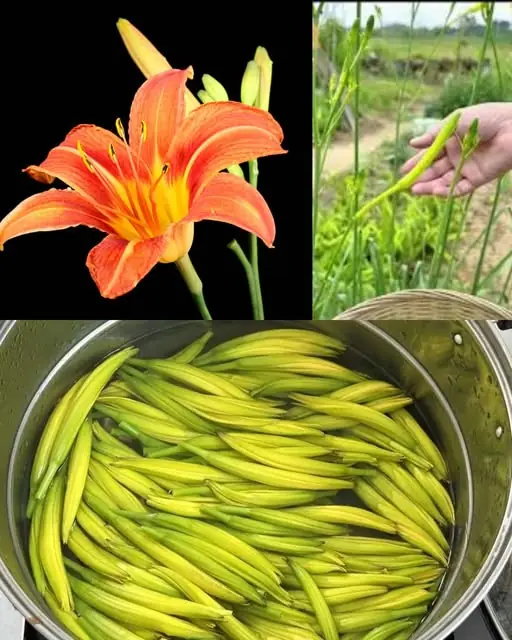
You Thought This Flower Was Just Decorative – Think Again…
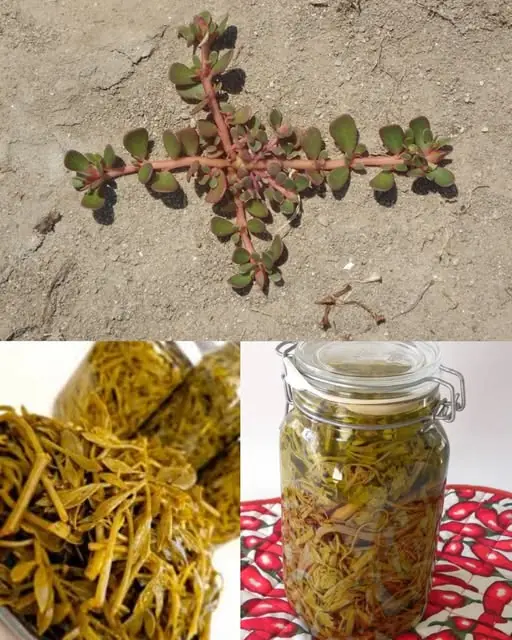
Why You Should Embrace Purslane in Your Garden: 8 Compelling Reasons
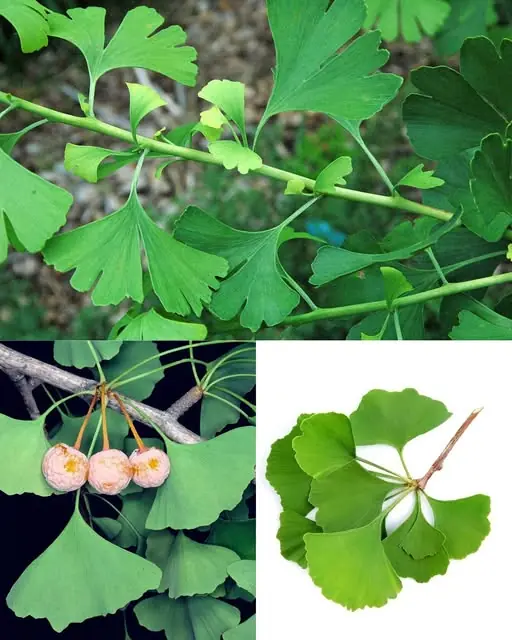
Ginkgo Biloba: Ancient Leaf, Modern Power — Health, Medical & Homemade Benefits

Mullein: Exploring the Benefits of Leaves, Flowers, and Roots
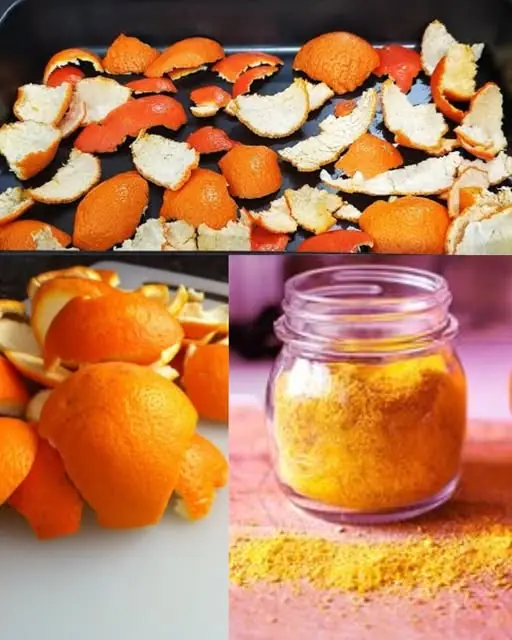
The Versatility and Benefits of Orange Peel Powder
News Post

This ancient seed oil may help calm knee pain better than Tylenol, study suggests

This vitamin deficiency could be raising your colorectal cancer risk — and half the world is low

Tomato Extract: Better And Safer Blood Thinner Than Aspirin

10 warning signs your kidneys are failing (symptoms most people don’t know)

10 Subtle Symptoms of Clogged Arteries You Shouldn’t Ignore

Yarrow: A Timeless Herbal Ally with Amazing Health Benefits

The Digestive Benefits of Mimosa Pudica: A Natural Gut Cleanser

The Stone Breaker Plant: Nature’s Remedy for Kidney Stones

The Remarkable Benefits and Uses of Mullein Leaves

Meghan Markle speaks out after Balenciaga designer revealed she invited herself to Paris fashion week

Serial Brooklyn dine-and-dash influencer caught avoiding the bill in dramatic video as local eateries wise up to scheme

A-list actress looks completely unrecognizable in new ‘Hunger Games’ trailer

Joey and Jesse Buss fired by Lakers after $10 billion sale as family feud with Jeanie explodes

I’M A CELEB HAD A SPECIAL ‘SMOKO RULE’ THAT ONLY APPLIED TO ONE LEGENDARY STAR

Tips to clean shiny enamel at home without spending a penny

WHERE TO WATCH JOEY’S FRIENDS SPINOFF AS LOST EPISODES RELEASED AFTER 19 YEARS

PARIS JACKSON MAKES SHOCKING CLAIM ABOUT $10,000,000 WORTH OF DAD MICHAEL'S WILL

How to help you travel thousands of miles without getting motion sickness
